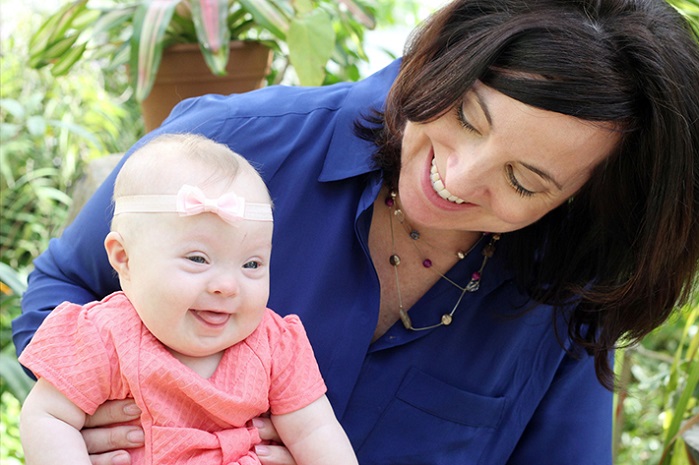Approximately 16-years ago, I wrote about my experience with a physician who urged me to have an amniocentesis because my son had a marker for Down syndrome. The specialist kept insisting even as I resisted because, as he phrased it, “Some couples prefer to terminate the pregnancy.”
I was angry and refused to have the amniocentesis. Our belief in the right to life is a fundamental belief for both my husband and me. We told the doctor that it didn’t matter if our son had Down syndrome, we were keeping him—no matter what. I could tell the doctor was a little aggravated at our response and tried to scare us with statistics, but we wouldn’t budge.
After eight weeks of not knowing if our son, Peter, had Down syndrome, a different specialist pronounced him physically healthy and without Down syndrome. Our biggest fear was the possibility that Peter would have a heart condition common in children born with Down syndrome and that he would have to have surgery within weeks or months after birth.
While we waited and planned, God was introducing to us the idea that we might have a child with special needs.
And not just one child but two with the same condition.
Both Peter and his younger brother were later diagnosed with autism which presents its own challenges. Just as each child is unique, how the condition manifests itself is different for each child.
Between our two boys, they covered just about every aspect of autism—loss of speech or no speech development, low muscle tone, hyper-focusing on toys or ideas, lack of transitioning skills, no eye contact—and the list goes on.
Click Like if you are pro-life to like the LifeNews Facebook page!
The boys are older now and Peter’s younger brother Nathan is doing well and will likely go to college. But doctors diagnosed his autism earlier because we knew what we were looking for. Peter, on the other hand, wasn’t diagnosed until he was almost three and his communications skills today are on the level of a 4-year old.
Despite his limitations, Peter is a joy.
But his right to life isn’t dependent on whether he is a joy or not. His right to life and the right to life of millions of others both here in the U.S. and around the world is based on their humanity. Their very existence demands their right to live.
Sadly, in Ohio, attempts to protect children diagnosed in utero with Down syndrome have been stymied by courts blocking legislation that was passed and signed into law. We protect individuals everyday through the Americans with Disabilities Act but for the child with a disability who is still in her mother’s womb, she is afforded no protection by the law.
I wonder how many women have sat in doctor’s offices, listening to the statistics and the negative information about Down syndrome. How many families have been presented with worst-case scenarios and found themselves aborting their child based on recommendations by experts?
No child deserves to die because she has an extra chromosome. No child deserves to die because of a missing chromosome or any other disability. When we measure the right to live by what a person can contribute to society as a whole, more and more people will fall short.
Discrimination against the most vulnerable among us begins in the womb but does not end there.
LifeNews.com Note: Laura Echevarria is the Director of Media Relations and a spokesperson for the National Right to Life Committee.








